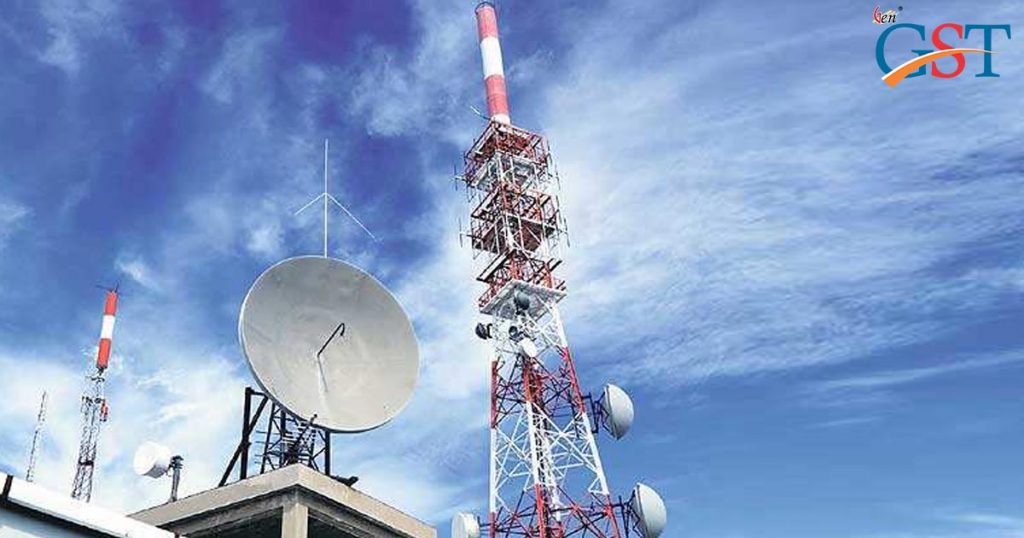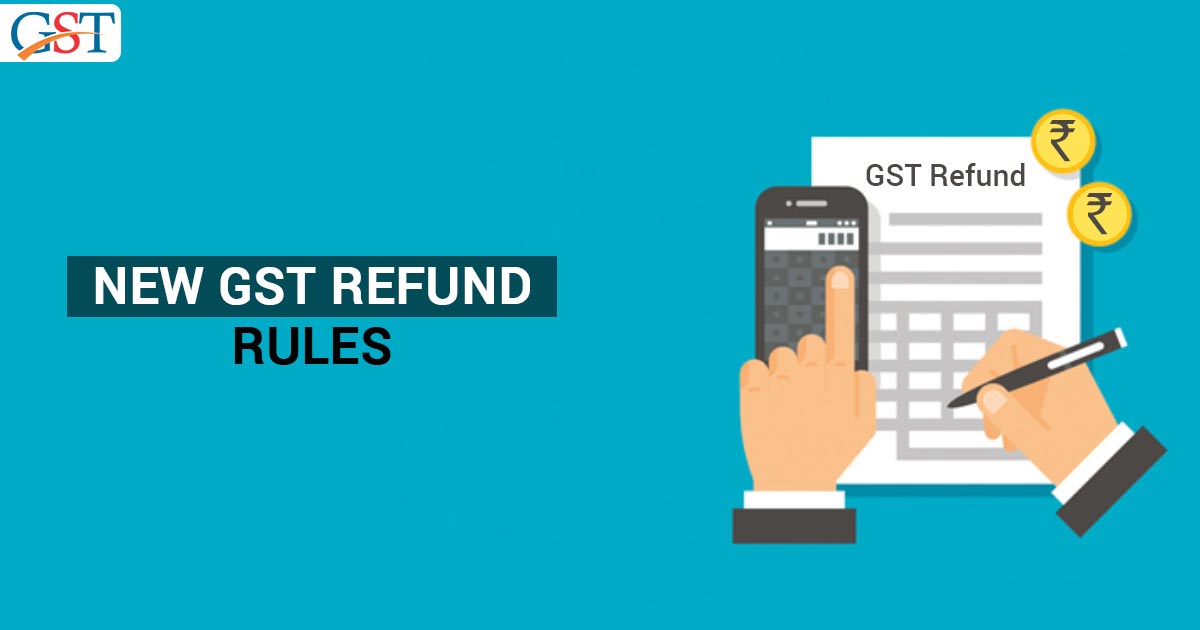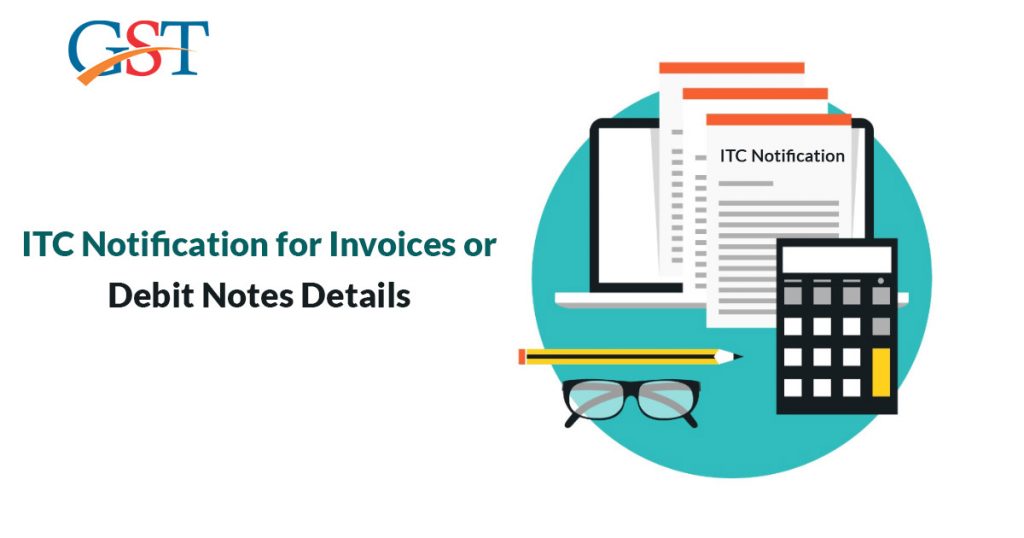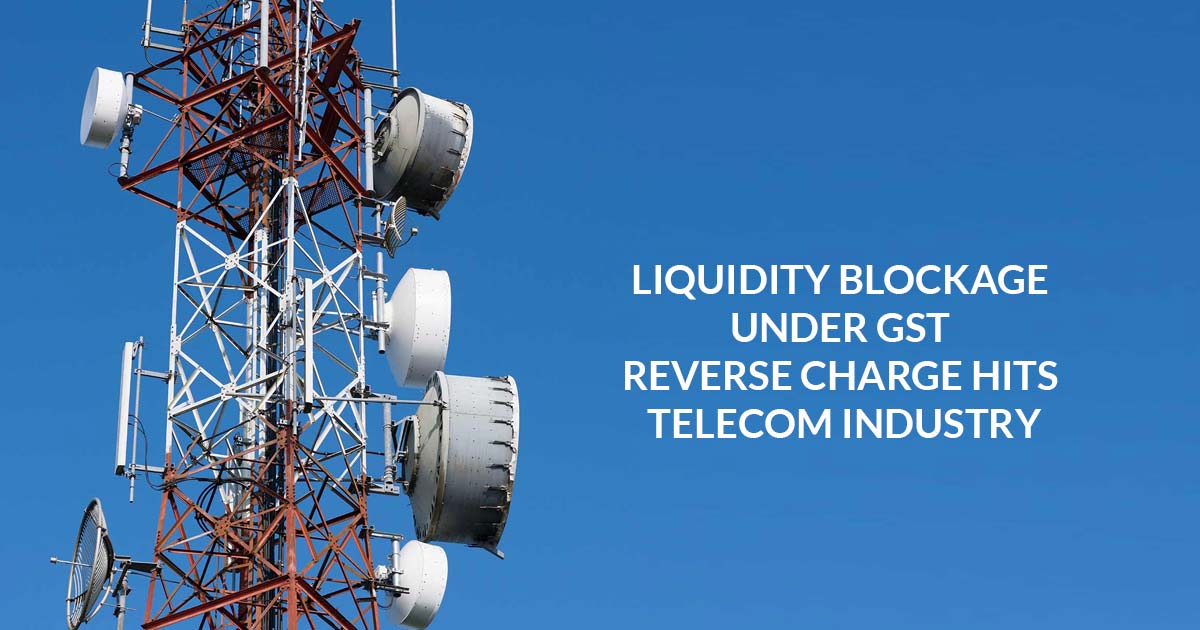
Sign of Relief for Bharti Airtel, Vodafone and Idea – The Department of Telecommunications will turn out the Goods & Services Tax Council through the Finance Ministry for the pending (ITC) Input Tax Credit 
“The department will take up this matter of input tax credit offset with the finance ministry now. It has to eventually go to the GST Council meeting,” a senior telecom department official said.
Ar present, the Input tax credit of approx INR 18,000 crore, INR 10,000 crore and INR 8,000 crore for Reliance Jio, Bharti Airtel and Vodafone Idea, respectively, is stuck with the finance ministry. The telecom industry has been behesting the Government of India (GOI) either to refund them the ITC or to adjust it against the dues.
If the GOI accepts the plea of telecommunication industry, it would be a big relief to the Vodafone Idea and Bharti Airtel as this will increase their cash flow or adjust the statutory dues of INR 89,000 crore which these telecom companies have to pay in the period of less than three months after the Supreme Court’s order that expanded the interpretation of adjusted gross revenue (AGR).
Read Also: ITC Notification: Credit Limited Up to 20% Not Reflected in GSTR 2A 
Vodafone Idea and Airtel have received approval from GOI to receive a cash flow increment of approx INR 35,000 crore through a moratorium on spectrum payments for 2020-21 and 2021-2022.
One official told that consultations on a wider level are required to resolve the issue of curtailing the licence fees for telecommunication companies and effect of licence fee on the tariff which increases with the increase in the license fee.
For now, the Cabinet did not green-signal the plea to reduce the licence fees, which is given as a percentage of AGR as the GOI wants the telecom companies to appeal to the SC to give relief on AGR payments. This can be done by extending the deadline of three months and by abolishing the interest & penalties which contribute approx 25% in the total dues.
Currently, Telecom companies pay around 8% of AGR as an annual licence fee and 3-4% of AGR as spectrum usage charges. It is anticipated that licence fees will go down by 5% and SUC will also be reduced.
“Moratorium doesn’t forgo government revenue but reducing licence fee will have implications as the annual government revenue will prospectively reduce, so one section in the government feels we must study the impact of the tariff hikes in the telecom sector,” stated another official. Vodafone Idea and Airtel indicated the rates upsurge from December, followed by Jio company.
According to an official, if the consumers duly take in the rate increase then that would lead to high margins in the coming period. The official said, “is when the DoT (Department of Telecommunications) should take a call on the quantum of the licence fee to be cut because this cut will be a permanent one.”
Recently, the Confederation of Indian Industry told the finance minister Nirmala Sitharaman and telecom minister Ravi Shankar Prasad that if the entire AGR is recovered, it would affect the growth of telcos as well as other companies of the industry. It also requested the GOI to go on with the policy of boosting & maintaining healthy competition while keeping a minimum of 3 to 4 key role players and resolve the issues which the telecom sector is facing with this viewpoint.
The letter highlighted the troublesome period in which airline and telecom sectors 
“Their massive debt burden (estimated to be INR 7 lakh crore) threatens not only their individual existence but also the much-needed vibrancy in this important sector,” added the CII note.








